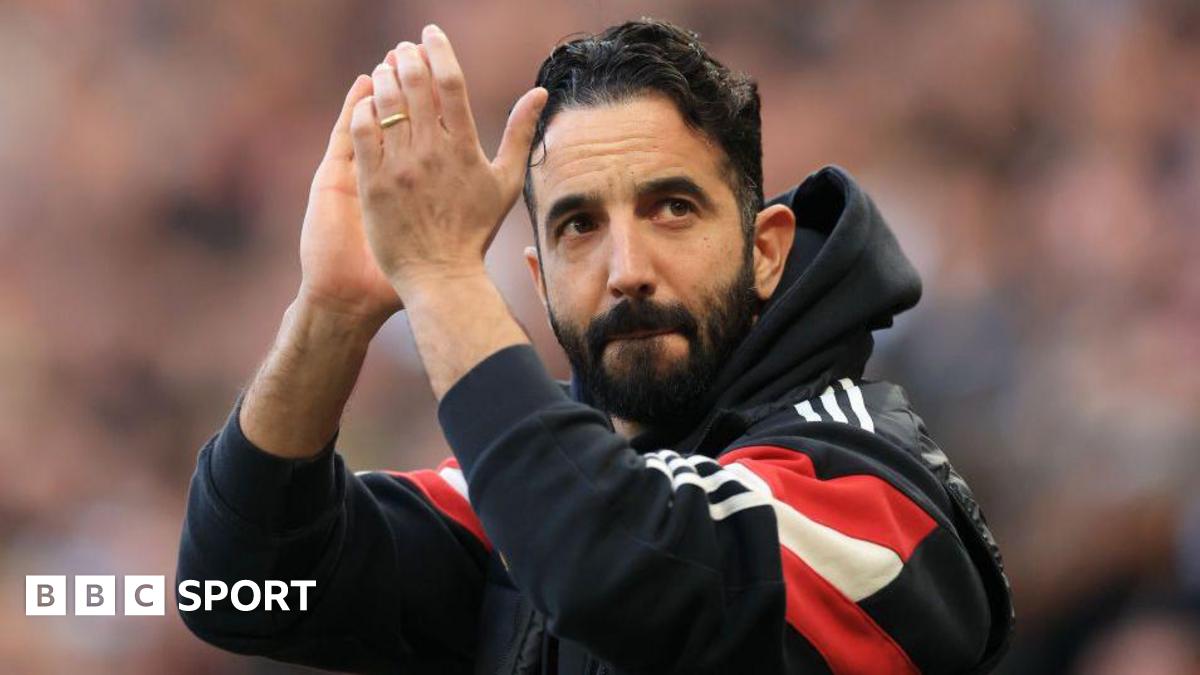Farming subsidies have been halted by the Government in a fresh blow to rural communities.
The main replacement to the EU-era subsidies scheme was paused to new applications with no warning on Tuesday, leaving some farmers with holes in their budgets.
The Government said the Sustainable Farming Incentive (SFI) would be revised after the spending review in June, with a cap on how much money farmers receive.
Tom Bradshaw, the head of the National Farmers’ Union, said the move was “another betrayal”, following the Government’s decision to impose inheritance tax on farmers in last year’s budget.
The move will leave thousands of farmers with no clarity on how they will replace the subsidies.
The SFI scheme has long been on the Treasury’s hit list because they believe it does not deliver good value for money.
The pressure on the Chancellor Rachel Reeves to balance the books, amid warnings her financial headroom has been wiped out, means the cost of the scheme has become a prime target.
Ministers want to see the scheme revised to pay farmers for outcomes rather than simply making changes on their land.
At the moment, the scheme pays farmers for actions such as improving soil, maintaining hedgerows or planting wildflowers.
The post-Brexit subsidies include two other, more ambitious schemes, for which many farmers would struggle to qualify.

Farmers could expect to receive about £3,000 a year per action within the SFI, with no limit on how many different changes they made to their land.
But all access to this has now been cut off for months for farmers who are yet to apply for the scheme.
“Of all the betrayals so far, this is the most cruel,” said Victoria Vyvyan, the president of the Country Land and Business Association.
Mr Bradshaw said that trust between the farming community and the environment department, led by Steve Reed, had now gone.
“It’s a failing department,” Mr Bradshaw said. “I am absolutely staggered that the department has taken this decision.
“This has implications for food production, for the environment and the viability of our members’ business.”
The NFU head, who has an arable and dairy farm in Essex, said he himself had an unfinished application to join the subsidy scheme that would now be in jeopardy.
Some 50,000 subsidies are being paid out under the new post-Brexit scheme, with 37,000 SFI payments.
But the NFU said this was way below the 83,000 farms that received basic payments under the system, which is being phased out by 2027, meaning some farms would be left behind.
It raises the prospect that more than 30,000 farms will have no access to the subsidies until the scheme is relaunched.
The Government said farmers who had already made applications may be considered for the current contract period, which lasts until 2028, but there were no guarantees.
“There are going to be many who are starved of cash for a new year,” said Mr Bradshaw.
The Government was accused of mounting an attack on rural communities last year when it announced new inheritance taxes on farms worth more than £1.3 million.
It has refused to back down over the changes in the face of widespread protests and despite warnings the policy will lead to the break up of the family farm.
It has also faced anger from rural groups over its planned ban on trail hunting, changes to gun licensing and new powers to seize land at reduced values to build homes and hospitals.
The announcement on inheritance tax came despite Mr Reed telling farmers before the election that there would be no changes forthcoming.
Many farmers on uplands and other more challenging landscapes had not yet applied because it is harder for them to meet the SFI criteria, and they were still exploring their options.
Daniel Zeichner, the minister for Food Security and Rural Affairs, said the Government was “proud to have set the biggest budget for sustainable food produce in history,” referring to the £5 billion budget the department has secured over two years.
But he said the “highest level ever in SFI actually means we’ve spent all the money in the SFI budget at the moment”.
Asked how he would respond to farming industry anger over the pause to the SFI scheme, Mr Zeichner said he “hopes the farming industry will join with me in being pleased, as £5 billion pounds overall is the most we’ve had.”
“But I fully appreciate that this is a discussion really about how that £5 billion is allocated.”
‘A body blow for farmers’
Tim Farron, the Liberal Democrats’ environment spokesman, said the policy was a “body blow for farmers”.
“This is nothing short of outrageous and another attack on farming communities by this Government,” he said.
“There is no hiding that this is a real cut and will come as a body blow for farmers. Farmers who are already losing the vast majority of basic payments this year and who should rightly be rewarded for good environmental work.”
Over 80 per cent of farm business income for grazing livestock farms, many of which are in the uplands, came from direct payments before Brexit.
New data published this week showed incomes in 2024 dropped for all types of farms, except specialist pig and poultry.
The EU-era basic payments, which have been steadily reduced since 2021, still accounted for an average of 40 per cent of farm incomes last year.












